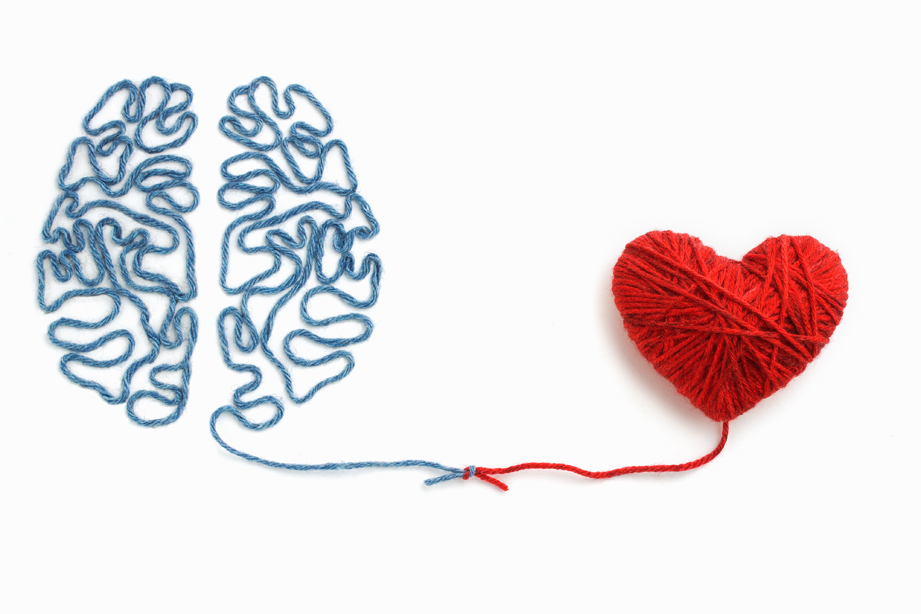The Neuroethics Core: Raising Awareness of Ethical Issues in Neurodevelopmental Disabilities
Project Category: Projects – Cycle II
January 5, 2021

Challenge
Researchers from Kids Brain Health Network (KBHN)’s neuroethics core analyzed content from major English-language Canadian newspapers. They identified ways that the news is contributing to the stigma attached to fetal alcohol syndrome disorder (FASD). Articles often exaggerated the rate of FASD in Indigenous communities. These articles also implied that it is a hopeless or untreatable condition. Furthermore, these articles often blamed mothers for FASD without accounting for the reasons why they drink while pregnant (e.g. addiction, mental health issues, lack of knowledge or awareness).
Project Summary
KBHN’s neuroethics core has used a variety of methods to spark meaningful discussions. They have engaged the media, published academic articles, edited guidebooks and lectured for neuroscience students. One example is the “Conversations in Ethics and Neurodevelopmental Disorders (CENDS)” series. This series composes of easy-to-follow videos and podcasts that let the general public hear from KBHN investigators about significant issues. The team has also hosted “Cafés neuroéthiques” – casual public events where people hear briefly from experts about a topic of interest and participate in a group discussion.
Results
The neuroethics team has been recognized for its efforts to garner attention for ethical questions and challenges. The CENDS videos have received over 1,200 views. One particular video: “Talking About Alternative Therapies for Cerebral Palsy,” won an award from the federal Institute of Human Development, Child and Youth Health.
Funding
This project was part of the larger “Neuroethics Core.” This program was funded a total of $448,170 by the Kids Brain Health Network and $31,456 by participating partners.
Team
Principal Investigators
Judy Illes, University of British Columbia
Eric Racine, Institut de recherches cliniques de Montréal
Key Personnel
Sharmin Hossain, University of British Columbia
Roxanne Caron, Institut de recherches cliniques de Montréal